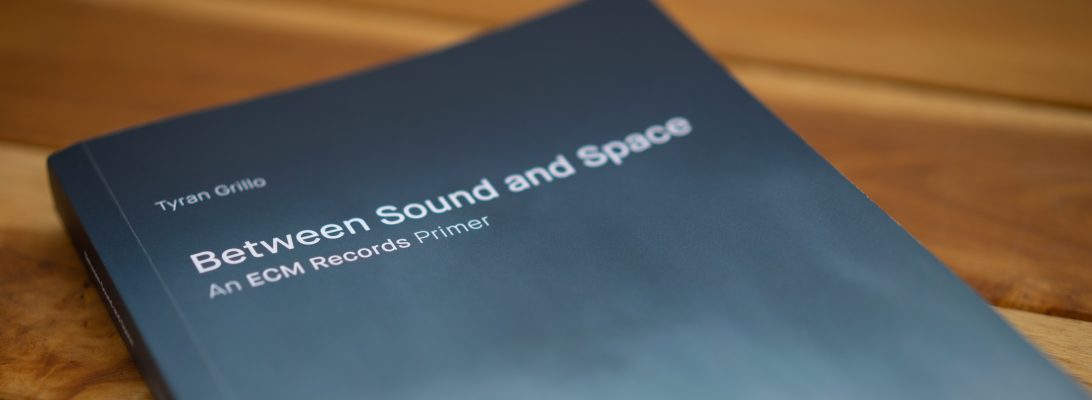Barry Guy
Folio
Maya Homburger baroque violin
Muriel Cantoreggi violin
Barry Guy double-bass
Münchener Kammerorchester
Christoph Poppen conductor
Recorded February 2005, Himmelfahrtskirche, München
Engineer: Peter Laenger
Produced by Manfred Eicher
Over the years, ECM New Series listeners will have variously encountered Barry Guy as composer, performer, and improviser. In Folio, we get to experience all three. I have always found his improvisatory role to be the most compelling, for it stirs my heart with communicative possibilities. And so, in the spirit of living in the moment, I share this review verbatim, as I dictated it while listening:
“Barry Guy is very much concerned with the internal, the biological nature of music. The seemingly sourceless energy it evokes through human contact enables us to question our own energy: whether it is divinely given or naturally ordained. While his epic explorations of thematic material by Diego Ortiz betray a more honed compositional reach, Guy still inhales the oxygen of indeterminacy. This music functions very much like memory: when one focuses on one memory, others try to creep in, sometimes courting unwanted associations, secrets we would rather not acknowledge…. Even at its most dynamic moments, this music is all about gentility and caution—not as a sign of fear…but as a way of life, a philosophy. The improvised ‘commentaries’ peppered throughout add a rich sense of bulk to the album’s presence…but one shouldn’t think they are any less substantial, for they wouldn’t be what they are without their source texts. They give the musicians a crisp field in which to ponder the emotional implications of what they have just played…to share those feelings with the listener rather than covet them unceremoniously. The ‘Folio’ pieces are richer in orchestral texture. They tap into a broader sensibility of the music’s own potential while also burying the possible egotism of the solo artist…in a lush balance of restraint and emotional surrender. Guy uses gimmicks briefly and wisely, and is never afraid to stutter. This is music that never edits itself. The commentaries are immediate responses. They do not simply act as arbitrary filler material, but rather speak to the lingering effects…grasping on to those effects before they fade out of sight and out of mind. And so, I think this is why Track 13 is called ‘Memory,’ for what is commentary but solidified memory shared with others…? And similarly, what is a review but a memory…a conscious chronicling of an experience that can never be recaptured, but only inadequately preserved in one person’s thought. For rather than a simple memory, I should like to share a record of my experience. This track also speaks to me in the same way we often search through our memories for an originating thought. Oftentimes, especially as we are going to sleep, we let our minds wander, only to backtrack, looking for that one sound or image or word or impression that launched our mental exploration…and this is perhaps what we stumble into in ‘Ortiz II,’ which in some way charts the frustration of our psychological imperfections, while also exploiting those imperfections to audible effect. This is an altogether intriguing album, which is always greater than the some of its parts, as it allows for the listener’s own reflection and for the compositional nature of personality to run amok, or slumber as it may, in pockets of empty space.”


